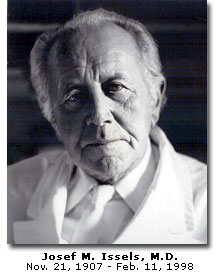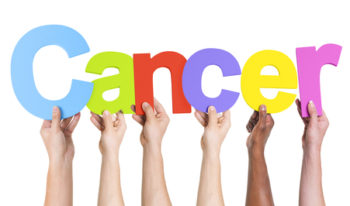
Natural Killer (NK) cells may sound scary, but they play a valuable role in immunotherapy for cancer. Boosting NK cell levels helps the immune system mount a strong response in order to eliminate tumors.
How Natural Killer Cells Work
When cancer is diagnosed early, treatment has a good success rate. Cases of late-stage cancer are more difficult to treat because the tumor cells have often begun metastasizing throughout the body.
This is where NK cells come in. They fight tumors as well as metastasized cancer cells through production of proteins known as cytokines. In addition, NK cells are so-called because of their capacity to quickly attack foreign bodies without the activation of antibodies.
Another valuable benefit of NK cells is their function in mediating anti-tumor immunity. Studies have shown that mice with reduced levels of NK cells have lowered resistance to metastases and RMA tumor outgrowth.
The Effect of Immunotherapy on NK Cell Levels
An analysis of NK cell counts was done on 129 patients who had gone through the Issels® treatment program. The group of patients ranged across all four Stage classifications and a wide variety of types of tumors.
Each patient’s individual protocols included non-toxic treatments such as immune-stimulants, autohemotherapy, oxidative therapy, enzymatic therapy, phytotherapy, amino acids, detoxification strategies, dietary and life-style changes, as well as emotional support. After approximately three weeks, the group showed an average 48 percent increase in absolute NK cell levels per individual.
Issels®: A Trailblazer in Immunotherapy for Cancer
Our clinic was established to carry on the groundbreaking work of our founder, Dr. Josef M Issels, in the field of immunotherapy for cancer. Contact us for more information about cancer vaccines and other personally tailored treatment programs.





